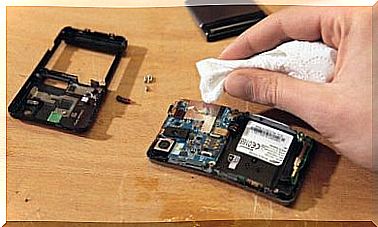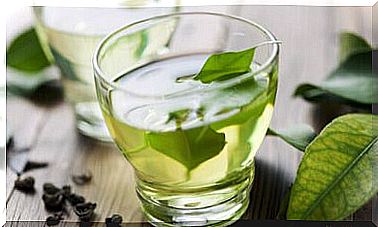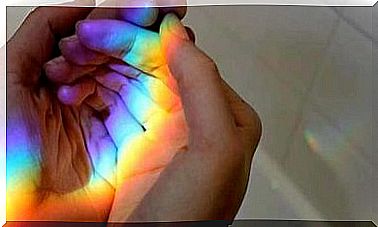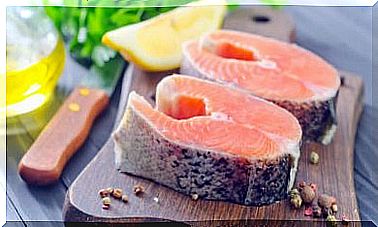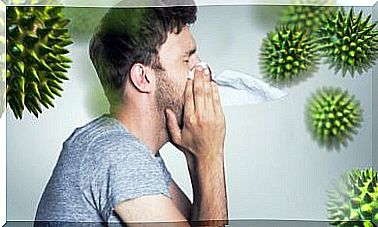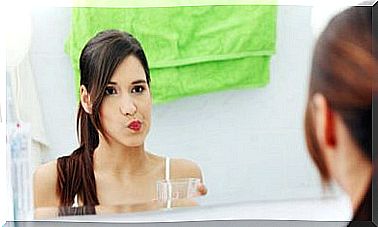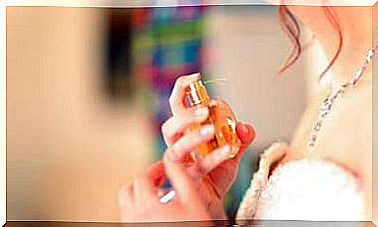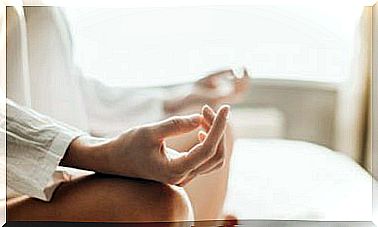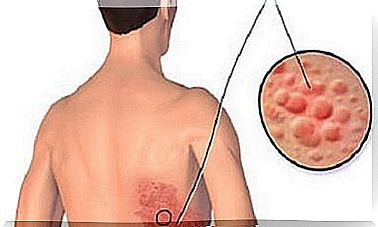Horse Chestnut, Ally Against Varicose Veins
Natural medicine recommends using horse chestnut to relieve symptoms caused by varicose veins and tired legs syndrome. In this article we will tell you if this advice is scientifically based or not.
What is Horse Chestnut?
The horse chestnut is a tree that has its origin in Asia, but can be found all over the world. All kinds of health properties are attributed to it, some based on scientific studies and others on popular folklore. Let’s see its supposed benefits below:
1. Benefits of its leaves
They are believed to help relieve the symptoms of various skin conditions, such as eczema, as well as menstrual pain, soft tissue swelling from fractures or sprains, and joint pain. It is worth clarifying that these properties do not have scientific endorsement today.
2. Properties attributed to its bark
In Ayurvedic medicine the bark is used against pathologies such as malaria, dysentery and studies are even being done to see its effects in people affected by lupus and skin ulcers. Their interaction in all these cases is unproven.
3. Effects of its seeds
One of the components present in horse chestnut is aescin or aescin, a substance that is used in drugs to relieve inflammation and pain in the legs, due to its venotonic, anti-inflammatory and anti-oedematous properties proven in in-vitro studies .
On the other hand, an article published in the Brazilian Journal of Pharmacognosy highlights the aforementioned properties and points out that for this reason, it would have a positive effect on venous tone and blood clotting.
How does horse chestnut work?
As we have pointed out a moment ago, “aescin” would help blood flow normally, also ensuring that edema does not occur by promoting fluid loss through urine.
The Horse Chestnut would also act when we have those typical venous spiders on the legs, or the fearsome ulcers and its properties have even been investigated to alleviate the problem of hemorrhoids. However, more research is needed in this regard.
How to take Horse Chestnut?
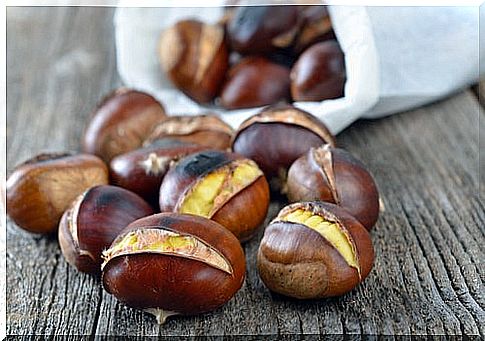
We can find the Horse Chestnut in health food stores in the form of capsules, it is an extract of the seeds themselves that is also marketed in the form of creams and even ointments.
The usual dosage is 400 mg daily to relieve nocturnal muscle cramps. Consult with your doctor before starting the intake of horse chestnut.
Is there a problem if I take Horse Chestnut?
Never self-medicate. This includes starting the intake of home remedies without first consulting with a doctor. Keep in mind that some components present in herbs can interact negatively with your usual medication. On the other hand, natural ingredients are not exempt from producing allergies.
If you think that horse chestnut could help you alleviate any discomfort, go to your trusted doctor and consult with him before starting to consume it. Remember: caution first.
